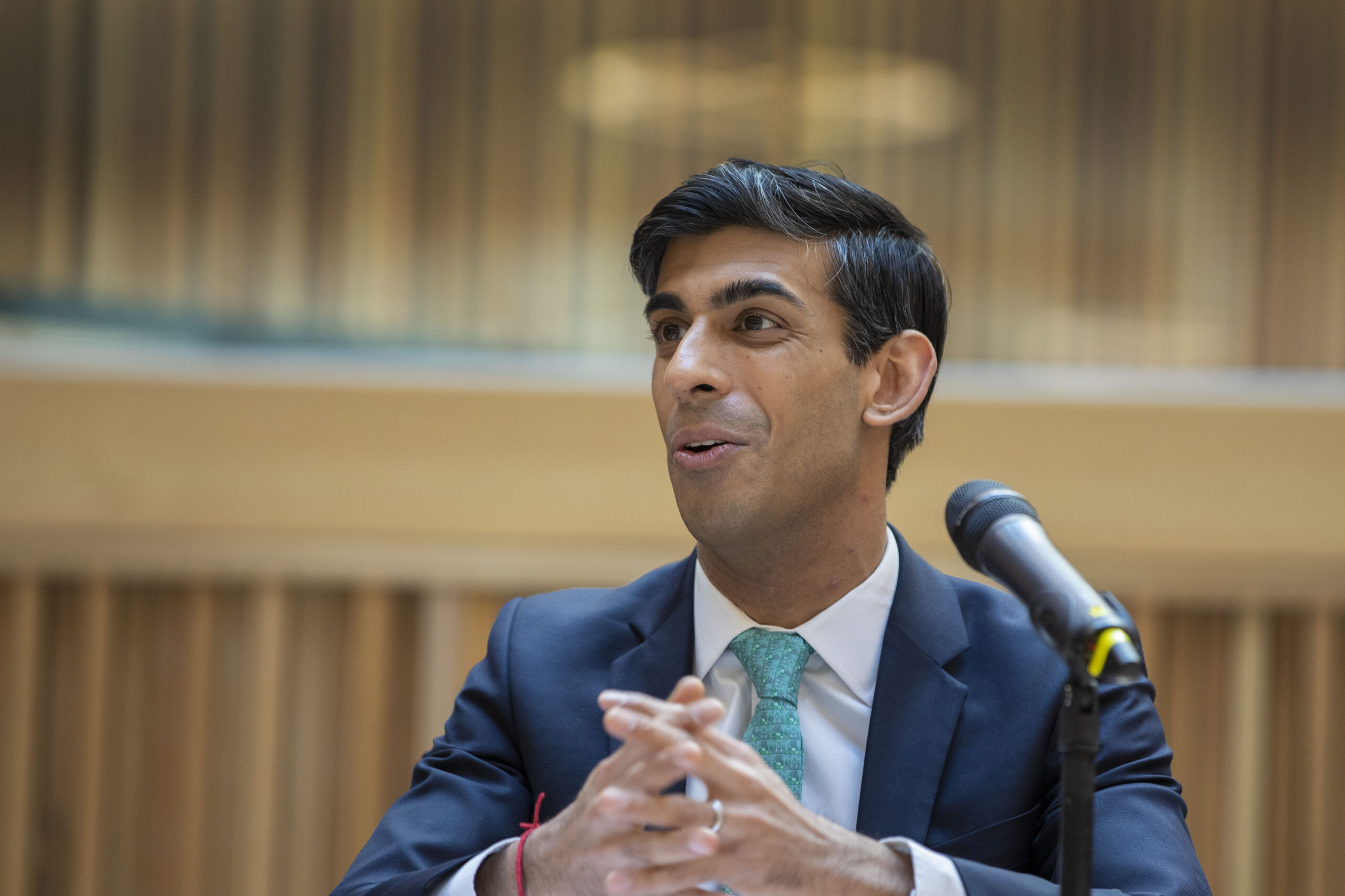
As Rishi Sunak became our new prime minister, Foreign Secretary James Cleverly stated that he was not surprised that the first British Asian Prime Minister has come from the Conservative party, as “Ethnic diversity has been a feature of the Tory party. It has always supported meritocracy”. Many hailed this as the beginning of a so-called ‘post-racial’ era, and India’s Prime Minister, Narendra Modi, congratulated Sunak, speaking about how he represented “the ‘living bridge’ of UK Indians”. Some have described this as Britain’s ‘Obama moment’, an embodiment of the Conservative Party’s supposed dedication to the idea that if you work hard, you will succeed no matter your circumstances.
However, many have also criticised these responses, especially the insinuation that the mere appointment of Sunak has been a major win for black and brown communities across the UK. Labour MP Nadia Whittome (in a now deleted tweet) described how multimillionaire Sunak does not represent the interests of non-white communities, but rather “Black, white or Asian: if you work for a living, he is not on your side”. Many British Asians and people of colour have quickly grown tired of the expectation that they should be celebrating, when in reality many feel that a Sunak premiership will ignore their interests. Despite his background, Sunak has not positioned himself as someone who is dedicated to championing minority rights. He has previously boasted about altering funding tactics which originally invested more money into deprived urban areas, and publicly supported the controversial Rwanda deportation scheme.
Despite contrasting feelings over the significance of Sunak’s new role, this and James Cleverly’s words have probed an interesting question. Is meritocracy as a concept alive and well in Britain? Or is it a word that is thrown around to maintain elitist structures and block efforts to widen participation? Meritocracy by definition is “an elite group of people whose progress is based on ability and talent rather than on class, privilege, or wealth”, and it has been a key part of British political discourse for decades. But, does Rishi Sunak really embody this notion? Does one of the richest men in Britain assuming one of the most important offices in the country represent someone who succeeded based on talent alone?
One must acknowledge that Sunak is a British Asian in a field disproportionately dominated by white men. His parents were immigrants who moved to Britain from East Africa in the 1960s, and he does not possess the privileges that come with having white skin, unlike most of his peers. However, it is difficult to say that his success has been achieved against the odds. Public school alumni dominate in Westminster, with 64% and 68% of Boris Johnson and Liz Truss’ respective Cabinets having been privately educated. When compared to the fact that only 7% of Britons are privately educated, this highlights how grossly overrepresented these interests are. Sunak comfortably fits into this category; he studied at prestigious educational establishments such as Winchester College, Oxford University and Stanford. Upon reflection, it is no surprise that someone who received such an expensive education has ended up as Prime Minister. He has very much followed in the footsteps of many of his peers, with six ex-Chancellor of the Exchequers coming from Winchester College. Sunak, and the four Conservative Prime Ministers who preceded him were all Oxford University graduates, and no less than thirty British Prime Ministers went to Oxford. To call such institutions the secret to a successful career in government may be an oversimplification, but it is clear that an expensive and prestigious education will get you far, especially in politics. As an alumnus of such schools, Sunak has not defeated the odds to get where he is now, but rather has fulfilled a path that seemed to be predestined for him.
Another aspect that questions if Sunak really does embody meritocracy is his wealth. As the first Prime Minister to have greater personal riches than the monarch, Sunak and his wife have a combined net worth of around $810 million. Is it really fair to say that Sunak represents success based on “ability and talent rather than on class, privilege, or wealth” with such economic power behind him? It is difficult to see how this has been the case, and rather reinforces the accusation that to be successful in British politics, all you need is money. One would be naive to argue that Sunak has defied the odds to get where he is now; he studied in institutions which could be categorised as ‘politician factories’, and catapulted himself to Westminster with an incredible amount of money behind him. Sunak did prove that he was a capable politician with his handling of the economy during the pandemic and the furlough scheme. However, it is hard to argue that he has found himself in his new position on merit alone, and that class and privilege had nothing to do with it.



Average Rating